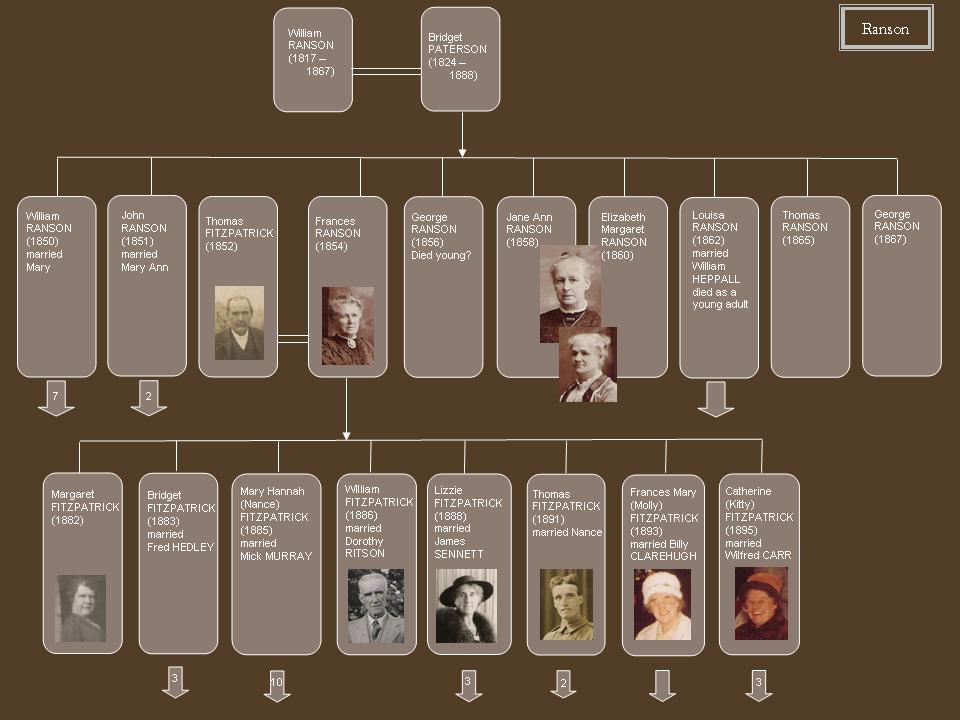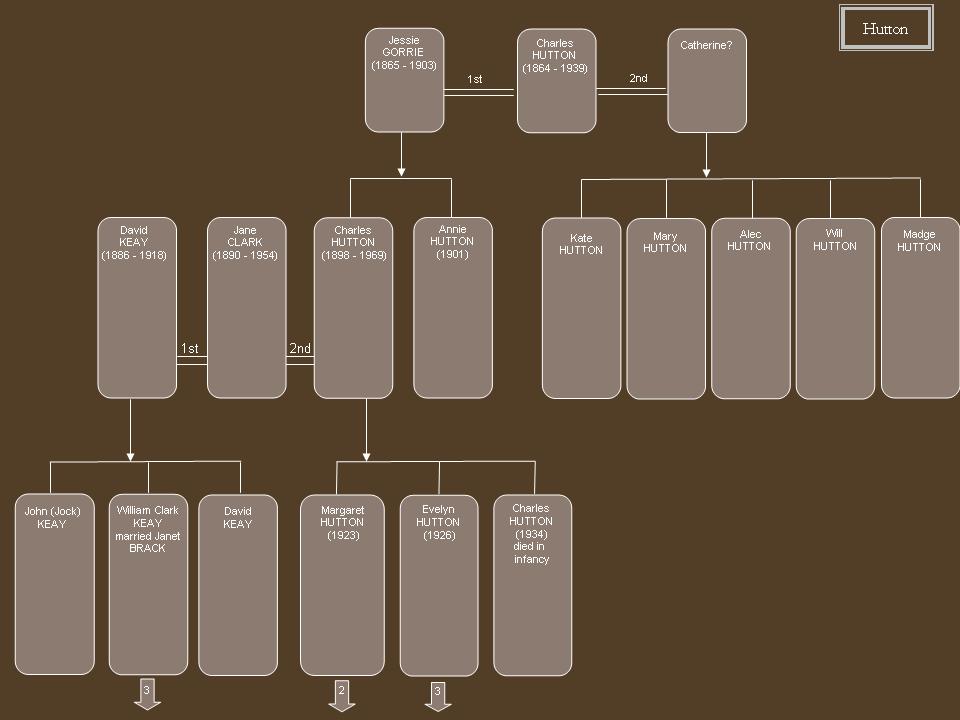Just wanted to share these with you all.
They are images from the Life collection archives - previously unpublished.
They range from the 'Ouch!!' to the 'Ooh!'
The Dash - Linda Ellis (1996)
I read of a man who stood to speak at the funeral of a friend.
He referred to the dates on her tombstone from the beginning...to the end.
He noted that first came the date of her birth and spoke of the following date with tears,
but he said what mattered most of all was the dash between those years.
For that dash represents all the time that she spent alive on earth...
and now only those who loved her know what that little line is worth.
For it matters not, how much we own; the cars....the house...the cash.
What matters is how we live and love and how we spend our dash.
So think about this long and hard...are there things you'd like to change?
For you never know how much time is left that can still be rearranged.
If we could just slow down enough to consider what's true and real,
and always try to understand the way other people feel.
And be less quick to anger, and show appreciation more
and love the people in our lives like we've never loved before.
If we treat each other with respect, and more often wear a smile...
remembering that this special dash might only last a little while.
So, when your eulogy is being read with your life's actions to rehash...
would you be proud of the things they say about how you spend your dash?
by Linda Ellis
Link here to the author's site.
He referred to the dates on her tombstone from the beginning...to the end.
He noted that first came the date of her birth and spoke of the following date with tears,
but he said what mattered most of all was the dash between those years.
For that dash represents all the time that she spent alive on earth...
and now only those who loved her know what that little line is worth.
For it matters not, how much we own; the cars....the house...the cash.
What matters is how we live and love and how we spend our dash.
So think about this long and hard...are there things you'd like to change?
For you never know how much time is left that can still be rearranged.
If we could just slow down enough to consider what's true and real,
and always try to understand the way other people feel.
And be less quick to anger, and show appreciation more
and love the people in our lives like we've never loved before.
If we treat each other with respect, and more often wear a smile...
remembering that this special dash might only last a little while.
So, when your eulogy is being read with your life's actions to rehash...
would you be proud of the things they say about how you spend your dash?
by Linda Ellis
Link here to the author's site.
Family History - how to get started on some of your own...
A guide to family history research (in the UK). See someone else's guide, too - on the FFHS site.
And No, I didn't do it the way I set out below - I made lots of mistakes and had many false starts!
Always remember the Genealogists' Code of Conduct.
And No, I didn't do it the way I set out below - I made lots of mistakes and had many false starts!
Always remember the Genealogists' Code of Conduct.
- As the King of Hearts said, it's important to "begin at the beginning and go on till you come to the end: then stop".
- First ask questions of all the relatives you can find and make sure you won't be duplicating research someone else has already done,
- Then find all the original birth, marriage and death certificates (BMD) you can find, also documents such as old letters, photos, family bibles etc can give interesting clues.
- Keep careful records throughout, of course!
- The best place to start with genealogical research on the internet is Genuki as it covers everything.
- Research on the internet can begin with accessing further BMD data. It's best to start with the local indexes - see a rather patchy county-by-county access from here, or for direct access to local indexes try the library in the locality. Free access to the national indexes here, up to around 1911. Scottish BMD data is available here for a fee. Some useful information is accessible for Northern Ireland, here.
- If you find that there are several different people who all fit the age & location you are searching (eg 10 different John Smiths) then you'll need to try and narrow it down - that means more questions around the family, using the National Census, or paying for the certificates will mean you can see the full details on the certificate. (You can buy the BMD certificates you need from here (£7 each, but if you want to be sure, it saves a lot of wasted effort & time later!)
- It's really important to get your facts right!
- Then you can access data on family groups, occupations etc from Census returns (link here to GENUKI's guidance on the UK census). Always try & work backwards from what you know for sure!!!....Begin with the 1901 census, although access to 1911 census data is beginning to open up early - search online (pay-per-view) at Find My Past here. Data in the full England & Wales 1901, 1891 and 1881 censuses {censi??} are transcribed into searchable databases (free access to 1881 data via the Latter Day Saints website here, via FreeCen mainly for the 1891 census, and a limited service here on the 1901 census). These sources are good, but can be patchy - they are not yet fully transcribed, so you may like to buy credits for access to an image of the original 1901 document here, or all census returns at Ancestry.co.uk).
- Older Census returns can be accessed, back to 1841 in England & Wales via FreeCen (patchy) and also at Ancestry.co.uk.
- Then access to parish records can help to track relatives beyond 1837 (when BMD records began, or pre-1855 in Scotland) - these records are generally accessed in person locally, but some records are online (the Latter Day Saints site here, for example. Find out more here).
- If you know a relative was in the military, records can be searched:- in Ancestry.com (if you are a paid-up member); at the National Archives (for a £3.50 fee per search); or free at the Commonwealth Graves Commission. *NEW* Excellent guide to what's available online for researching military history; UK-MFH
- You may find some interesting stories; Workhouses, Immigration, Emigration, (also the Ship's List) Trials & Prisons. Old newspapers (e.g family announcements and their 15 minutes of fame!) are searchable online free, here
- Do make sure you Google your relatives (but, oh please, not this way!). Use the Advanced Search button.
- If you feel you need to find some family who are still 'with us', there are all sorts of resources for 20thC. researches, but for a fee - such as this site, the BT archive of old phone books, or 192.com to search electoral rolls.
- Don't forget to share your researches with family members - something you have found may trip a memory that lay hidden before. Also the internet can help you to unearth relatives with whom your family had lost touch. (eg GenesReunited, Rootsweb, also regional family history societies)
- Best of luck with your searches, but watch you don't take things too far!
Subscribe to:
Posts (Atom)













